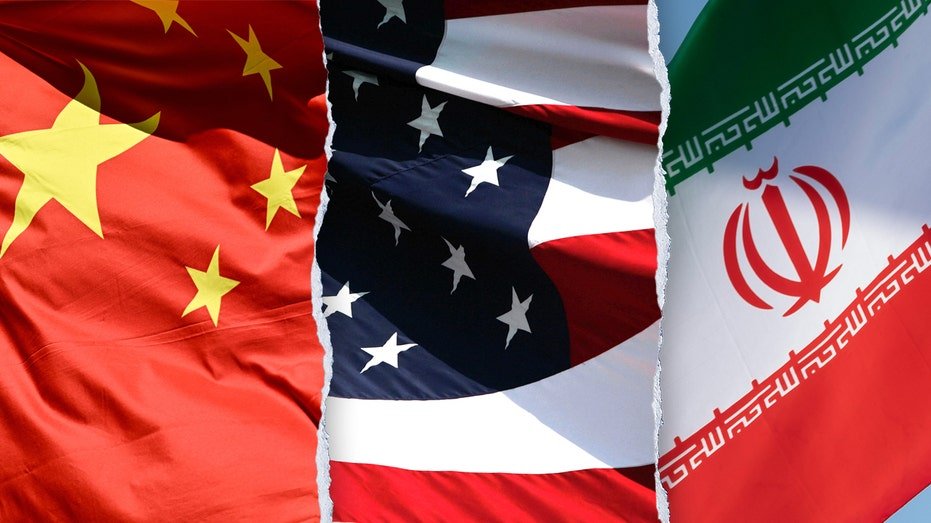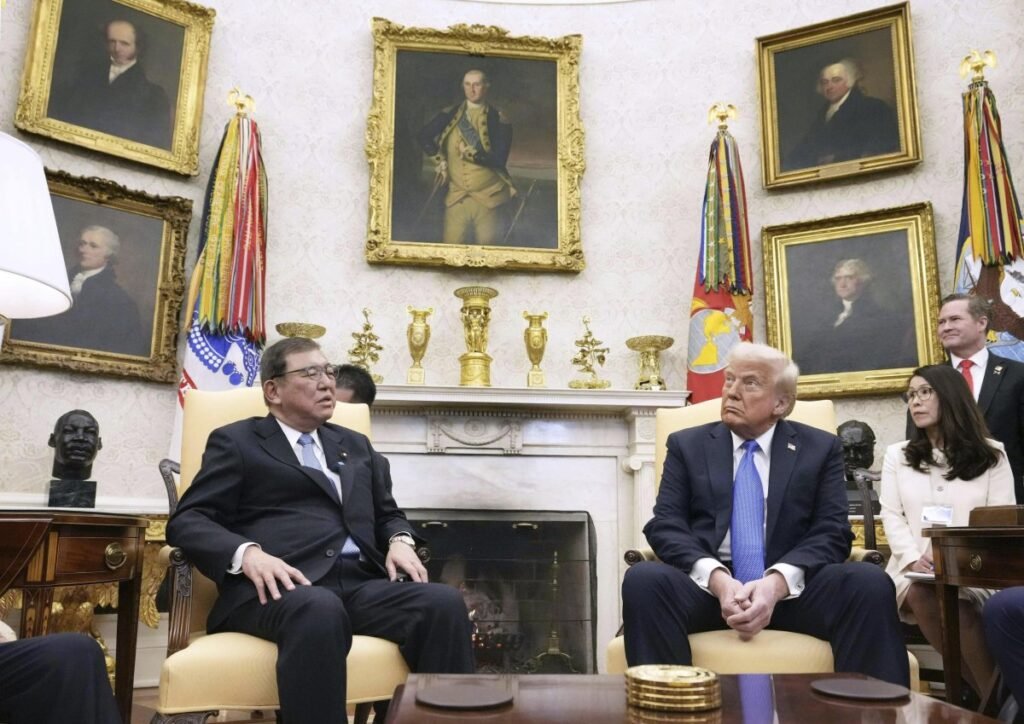
In a bid to bypass stringent U.S. restrictions on advanced AI chips, Chinese companies are resorting to innovative workarounds, including processing data abroad. According to a recent Wall Street Journal report, in early March, four Chinese engineers traveled from Beijing to Malaysia, each carrying a suitcase with 15 hard drives containing 80 terabytes of data for training an AI model. At a Malaysian data center, the engineers utilized approximately 300 servers equipped with Nvidia’s advanced chips to develop the AI model, which they later brought back to China.
Smuggling AI hardware
Since 2022, the U.S. has tightened export controls on high-end AI chips to China, citing national security concerns. According to WSJ report, these restrictions have limited Chinese firms’ access to cutting-edge American technology, prompting them to explore alternatives. Some have substituted domestic chips for American ones, while others have smuggled AI hardware through third countries. However, increased U.S. pressure has made smuggling more challenging, pushing Chinese companies to process data outside China in regions like Southeast Asia and the Middle East. “This was something we were consistently concerned about,” said Thea Kendler, former head of export controls at the Commerce Department under the Biden administration, referring to Chinese firms’ remote access to U.S. AI chips, told WSJ.The process involves layers of intermediaries, obscuring whether U.S. regulations are being violated. The Biden administration proposed country-specific caps on American chip purchases to curb such activities, but the Trump administration scrapped these in May, citing unnecessary regulatory burdens on U.S. companies like Nvidia. Instead, it issued guidance urging firms to prevent their chips from being used to train Chinese AI models.
How and why China uses countries in Southeast Asia as base
In Malaysia, the Chinese company’s operation required meticulous planning. Engineers reportedly spent over eight weeks optimizing data sets in China, as transferring large data volumes online could take months. Last July, the company worked through a Singaporean subsidiary but later registered a Malaysian entity to avoid scrutiny after Nvidia and its vendors intensified end-user audits. To evade suspicion at Malaysian customs, the engineers distributed hard drives across four suitcases, a shift from bundling them into one the previous year. They returned to China with several hundred gigabytes of model parameters guiding the AI system’s output.Southeast Asia is reported to be emerging as a hub for such activities, with data centers rapidly expanding. Jones Lang LaSalle estimates nearly 2,000 megawatts of data-center capacity in Singapore, Malaysia, Thailand, and Indonesia — matching Europe’s largest markets. Malaysia’s AI chip imports from Taiwan surged to $3.4 billion in March and April, exceeding its 2024 total. Meanwhile, the Middle East is also becoming a destination for Chinese AI developers, with Nvidia recently announcing significant chip sales to Saudi Arabia, Qatar, and the UAE.These maneuvers highlight the challenges of enforcing U.S. export controls as Chinese companies exploit global data centers to access American technology. While Southeast Asian authorities, like Singapore’s, are cracking down on transshipments, the region’s booming infrastructure continues to attract both Western and Chinese clients, testing the limits of regulatory oversight.







